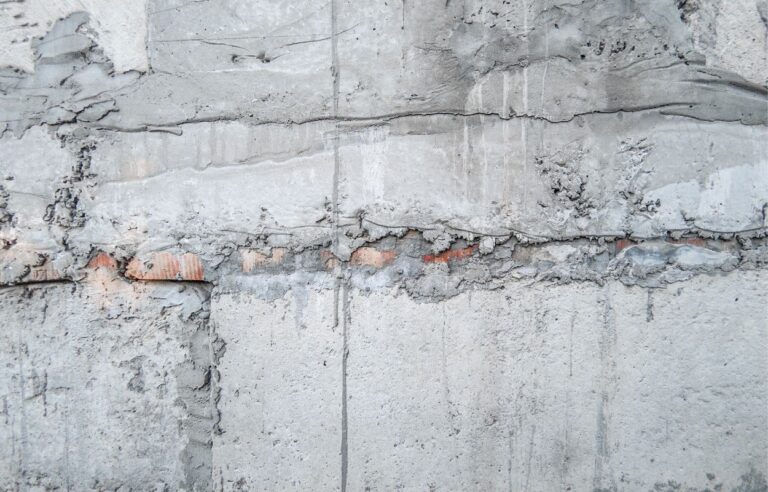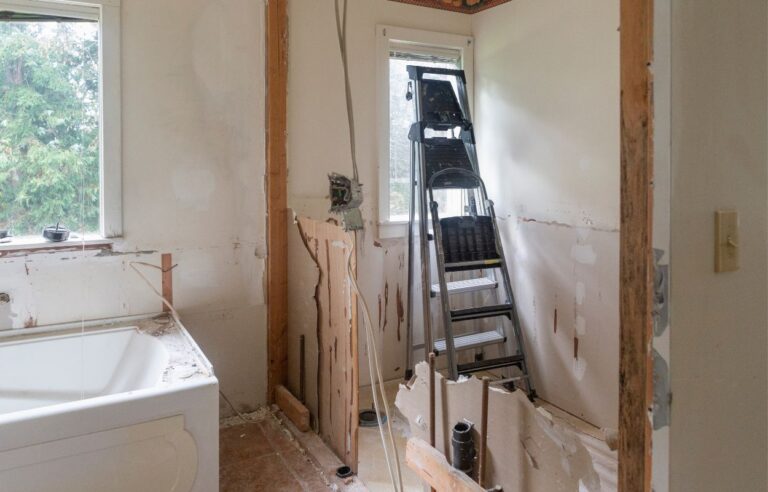
Planning a demolition project requires careful consideration of various factors to ensure safety, efficiency, and compliance with regulations. Whether it’s a small residential demolition or a large-scale commercial project, proper planning is essential to achieve successful results. In this guide, we’ll explore the key steps involved in planning a demolition project, with a focus on ensuring the smooth execution of the project from start to finish.
UNDERSTANDING THE SCOPE OF THE PROJECT
Before embarking on a demolition project, it’s crucial to have a clear understanding of the scope of work involved. This includes identifying the structures or buildings to be demolished, assessing the site conditions, and understanding any potential challenges that may arise during the demolition process. By comprehensively understanding the scope of the project, demolition contractors can develop a tailored plan that addresses specific requirements and objectives.
SITE EVALUATION AND SAFETY ASSESSMENT
The next step in planning a demolition project is conducting a thorough site evaluation and safety assessment. This involves identifying any potential hazards or risks associated with the demolition process, such as asbestos-containing materials, underground utilities, or structural instabilities. Demolition contractors must adhere to strict safety protocols to protect workers, bystanders, and the surrounding environment. By conducting a detailed safety assessment, potential risks can be mitigated, ensuring a safe and efficient demolition process.
OBTAINING NECESSARY PERMITS AND APPROVALS
Before commencing any demolition work, it’s essential to obtain the necessary permits and approvals from local authorities and regulatory agencies. This may include permits for demolition, environmental permits, zoning approvals, and other regulatory requirements. Working with experienced demolition services in Kelowna can streamline the permit application process and ensure compliance with all applicable regulations and codes.
DEVELOPING A DEMOLITION PLAN
Once the scope of the project has been defined, and all necessary permits have been obtained, the next step is to develop a detailed demolition plan. This plan should outline the sequence of demolition activities, equipment and resources required, waste management strategies, and safety protocols. By carefully planning each phase of the demolition process, contractors can minimize disruptions, maximize efficiency, and ensure the project stays on schedule and within budget.
IMPLEMENTING ENVIRONMENTAL CONSIDERATIONS
In addition to safety considerations, it’s essential to address environmental concerns when planning a demolition project. This may include proper disposal of hazardous materials, recycling or salvaging reusable materials, and minimizing dust, noise, and other environmental impacts. Demolition contractors should prioritize sustainable practices and compliance with environmental regulations to minimize the project’s carbon footprint and mitigate any adverse effects on the surrounding ecosystem.
Planning a demolition project requires thorough preparation, attention to detail, and adherence to safety and environmental standards. By understanding the scope of the project, conducting a comprehensive site evaluation, obtaining necessary permits, developing a detailed demolition plan, and implementing environmental considerations, demolition contractors can ensure the successful execution of the project. When seeking demolition services in Kelowna, it’s essential to partner with experienced professionals who prioritize safety, efficiency, and environmental sustainability. With proper planning and execution, a demolition project can be completed safely, on time, and within budget, achieving the desired outcomes for all stakeholders involved.





